Is There an Age Limit for IVF in Egypt?
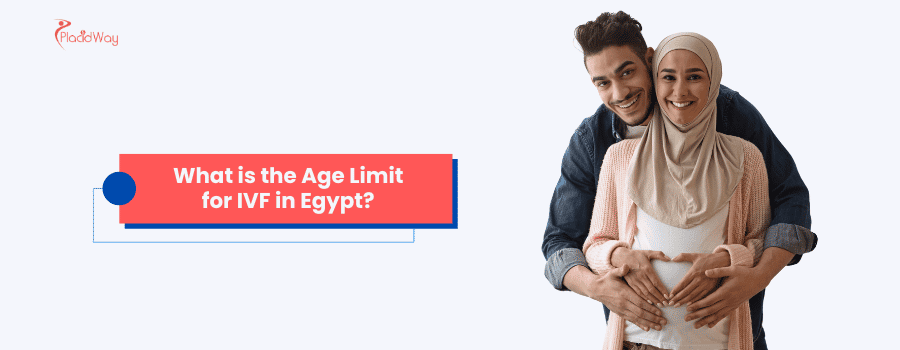
Deciding to pursue In-Vitro Fertilization (IVF) is a significant step, and for many, it brings a mix of hope and questions. One of the most common concerns revolves around age and its impact on the feasibility and success of the treatment. If you're considering IVF in Egypt, you're likely wondering what rules and possibilities exist, especially if you are of advanced maternal age. Egypt has become a prominent destination for fertility tourism, offering high-quality medical care at a fraction of the cost found in Western countries. The country's clinics are equipped with modern technology and staffed by experienced specialists, but navigating the specifics, like age limits, can feel overwhelming.
The good news is that Egypt offers a relatively flexible environment for fertility treatments. Unlike some countries with strict legal cut-offs, the age limit for IVF in Egypt is generally determined by individual clinics rather than by law. Most reputable clinics will consider treating women into their mid-to-late 40s, with some even extending into the early 50s, particularly if donor eggs are used. However, the primary focus is always on the patient's health and the potential for a successful pregnancy. Doctors will conduct thorough evaluations to assess ovarian reserve, overall health, and the ability to carry a pregnancy to term safely. This patient-centric approach ensures that the decision is tailored to your unique circumstances, balancing your dream of parenthood with medical realities and ethical considerations.
What is the official government-mandated age limit for IVF in Egypt?
Unlike some European nations that have strict legal frameworks dictating the maximum age for assisted reproductive technology (ART), Egypt's legal system does not specify a cut-off age for IVF. This lack of a federal mandate gives fertility clinics the autonomy to establish their own guidelines. This approach allows for greater flexibility, enabling doctors to make decisions based on a patient's individual health profile rather than a one-size-fits-all rule.
This regulatory environment is a key reason why many international patients are drawn to Egypt for fertility care. The focus is on medical viability and ethical practice. Clinics are guided by medical associations and Islamic principles, which emphasize the importance of lineage and family, but these do not translate into a rigid age restriction for women seeking to conceive with their own eggs or through donation.
How do clinics in Egypt determine their IVF age policies?
The decision-making process within Egyptian fertility clinics is comprehensive. When a woman of advanced maternal age seeks treatment, doctors will perform a series of tests to create a complete picture of her fertility potential and health status. Key factors include:
- Ovarian Reserve Testing: An Anti-Müllerian Hormone (AMH) blood test and an antral follicle count (AFC) ultrasound are used to estimate the quantity and quality of remaining eggs.
- Overall Health Assessment: A thorough physical examination is conducted to ensure the patient is healthy enough to endure the physical demands of pregnancy and childbirth. This includes checking for conditions like hypertension, diabetes, or heart issues.
- Success Rate Data: Clinics rely on internal and international data regarding IVF success rates for different age brackets. Treatment is less likely to be recommended if the probability of success is extremely low.
What are the IVF success rates for women over 40 in Egypt?
It's a biological reality that fertility declines with age. As a woman gets older, the quantity and quality of her eggs diminish, which directly impacts IVF outcomes. Egyptian clinics are transparent about these statistics and provide realistic expectations to patients.
While the numbers may seem daunting, many clinics in Egypt have specialized protocols for older patients to maximize their chances. These may include customized ovarian stimulation regimens, advanced genetic testing of embryos (PGT-A), and other innovative lab techniques. Using donor eggs dramatically increases the success rate, often to over 50-60% per cycle, as the age of the egg donor becomes the primary determinant of success.
Is IVF treatment safe for older women in Egypt?
The safety of the patient is the foremost priority for any reputable fertility clinic. Before commencing an IVF cycle, older women are carefully screened to identify any potential health risks. Pregnancy at an advanced age carries a higher risk of complications such as gestational diabetes, preeclampsia (high blood pressure), and preterm labor.
Egyptian fertility specialists work closely with other medical professionals, such as cardiologists and endocrinologists, to manage these risks. The goal is not just to achieve a pregnancy but to ensure a healthy pregnancy and delivery. By taking these precautions, clinics in Egypt maintain high safety standards that are in line with international best practices.
What is the estimated cost of IVF for women over 40 in Egypt?
One of the most significant advantages of seeking fertility treatment in Egypt is the affordability. The cost is often 50-70% lower than in the United States or the United Kingdom, without compromising on quality. However, for women over 40, it's important to budget for potential additional expenses.
These can include:
- Higher Medication Doses: Older ovaries may require more stimulation, leading to higher medication costs.
- Preimplantation Genetic Testing (PGT-A): This test screens embryos for chromosomal abnormalities, which are more common in eggs from older women. PGT-A can add $1,500 - $3,000 to the total cost.
- Donor Eggs: If using donor eggs is the chosen path, this will involve additional costs for donor compensation, screening, and medication, which can add several thousand dollars to the final bill.
Are there specific legal restrictions for IVF in Egypt?
Egyptian law and cultural norms, influenced by Islamic principles, place a strong emphasis on lineage and marital bonds. As a result, assisted reproductive treatments are strictly regulated to ensure these values are upheld. Single women and unmarried couples are not eligible for IVF treatment in Egypt.
Furthermore, the use of third-party gametes is limited. While egg donation is widely practiced and accepted (often from a relative or an anonymous donor), sperm donation is strictly forbidden. Similarly, gestational surrogacy is not permitted. These legal and cultural parameters are crucial for international patients to understand before planning their treatment in Egypt.
Is donor egg IVF a common option for older women in Egypt?
For many women over 43, using donor eggs offers the most realistic path to motherhood. Egyptian clinics have well-established egg donation programs, providing access to healthy, young donors. This process allows the intended mother to carry the pregnancy and give birth, creating a strong biological and emotional bond with her child.
The age limit for the recipient of donor eggs is also more flexible, often extending to the early 50s, as long as the woman is in good health. The success rates with donor eggs are consistently high, as they depend on the age of the donor, not the recipient.
What medical tests are required for women over 40 before IVF?
The pre-IVF evaluation is thorough to ensure the highest chance of success and safety. The typical tests include:
| Test Category | Specific Tests | Purpose |
|---|---|---|
| Ovarian Reserve | AMH, FSH, Estradiol, Antral Follicle Count (AFC) | To assess the quantity and quality of remaining eggs. |
| Uterine Health | Hysteroscopy or Saline Infusion Sonogram (SIS) | To check for any abnormalities in the uterus like polyps or fibroids. |
| General Health | Blood pressure, blood sugar, thyroid function, ECG | To ensure the patient is physically prepared for pregnancy. |
| Infectious Diseases | HIV, Hepatitis B & C, Syphilis | Standard screening for both partners. |
How do I find the best IVF clinics in Egypt for older patients?
Choosing the right clinic is a critical step. When researching, focus on clinics that are transparent about their success rates for your specific age group. Look for clinics that have a dedicated international patient department to help coordinate travel, accommodation, and communication. Reading testimonials and reviews from other international patients can provide valuable insight into the patient experience.
Clinics like Cairo Fertility Clinic, Bedaya Hospital, and The Egyptian IVF-ET Center are among the most reputable institutions, known for their expertise, modern facilities, and long history of helping families grow.
Ready to Explore Your Options?
Navigating the world of fertility treatment can be complex, but you don't have to do it alone. If you're considering IVF in Egypt and want to find a world-class clinic that fits your needs, explore your options with PlacidWay Medical Tourism. We connect you with trusted healthcare providers to help you on your journey to parenthood.


.png)
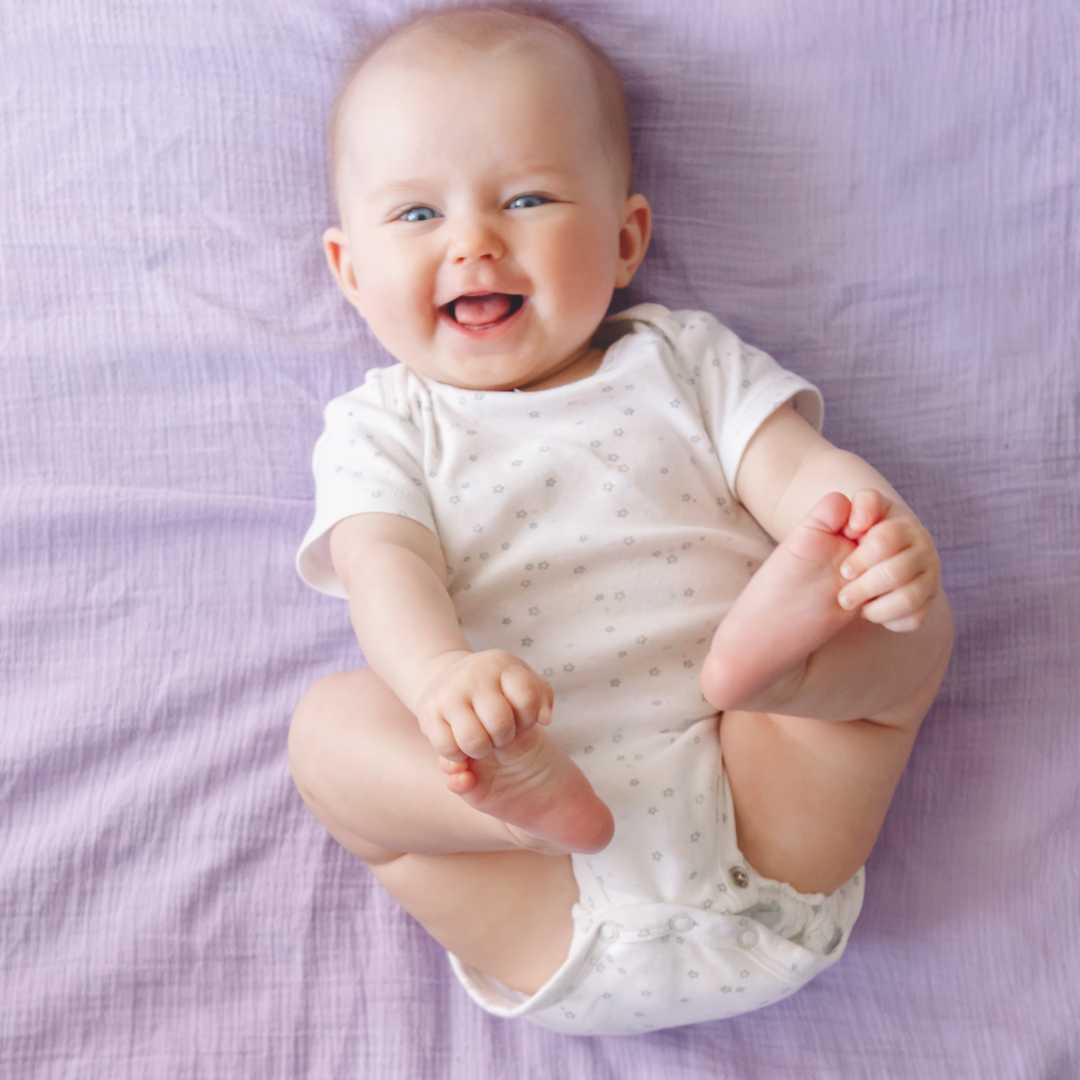
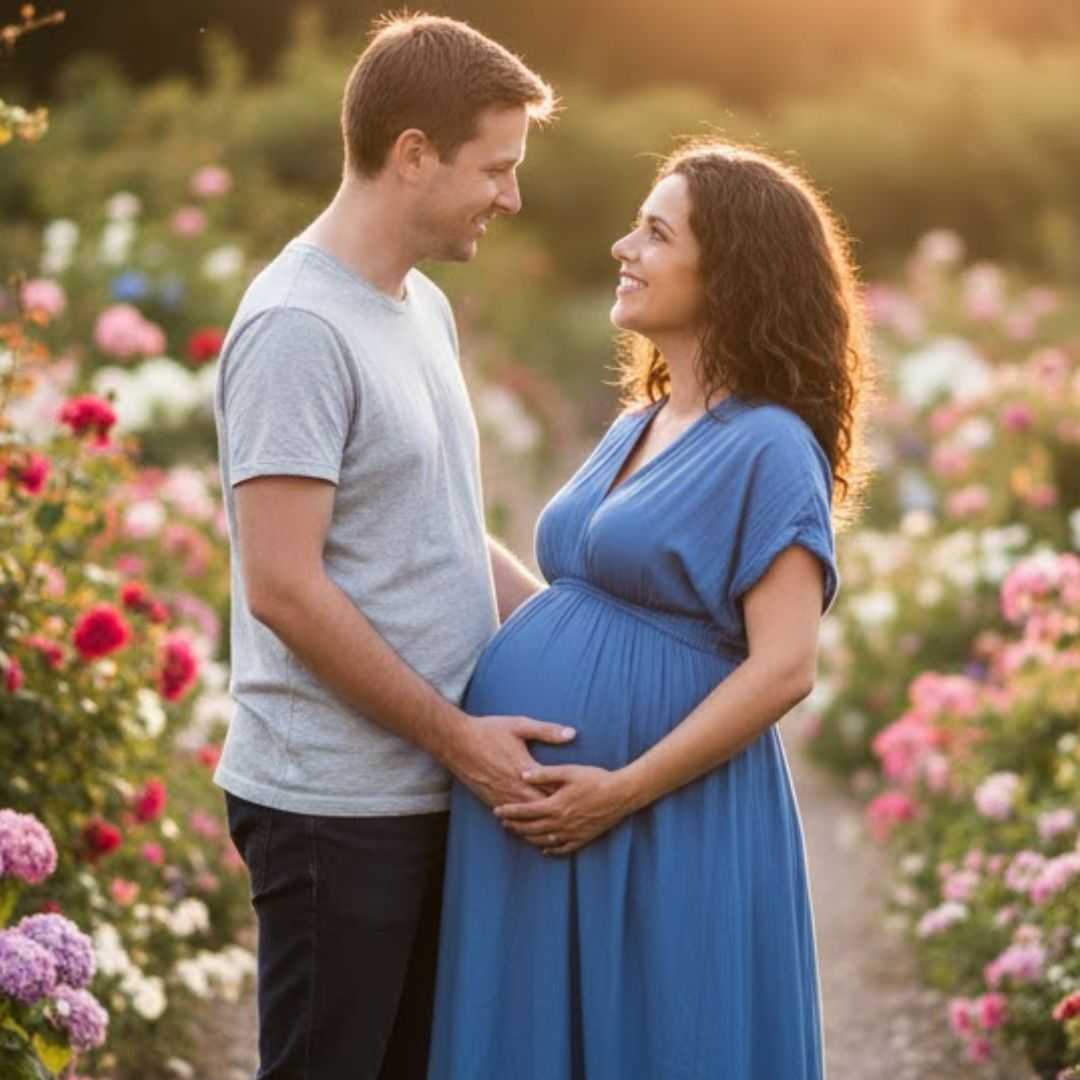
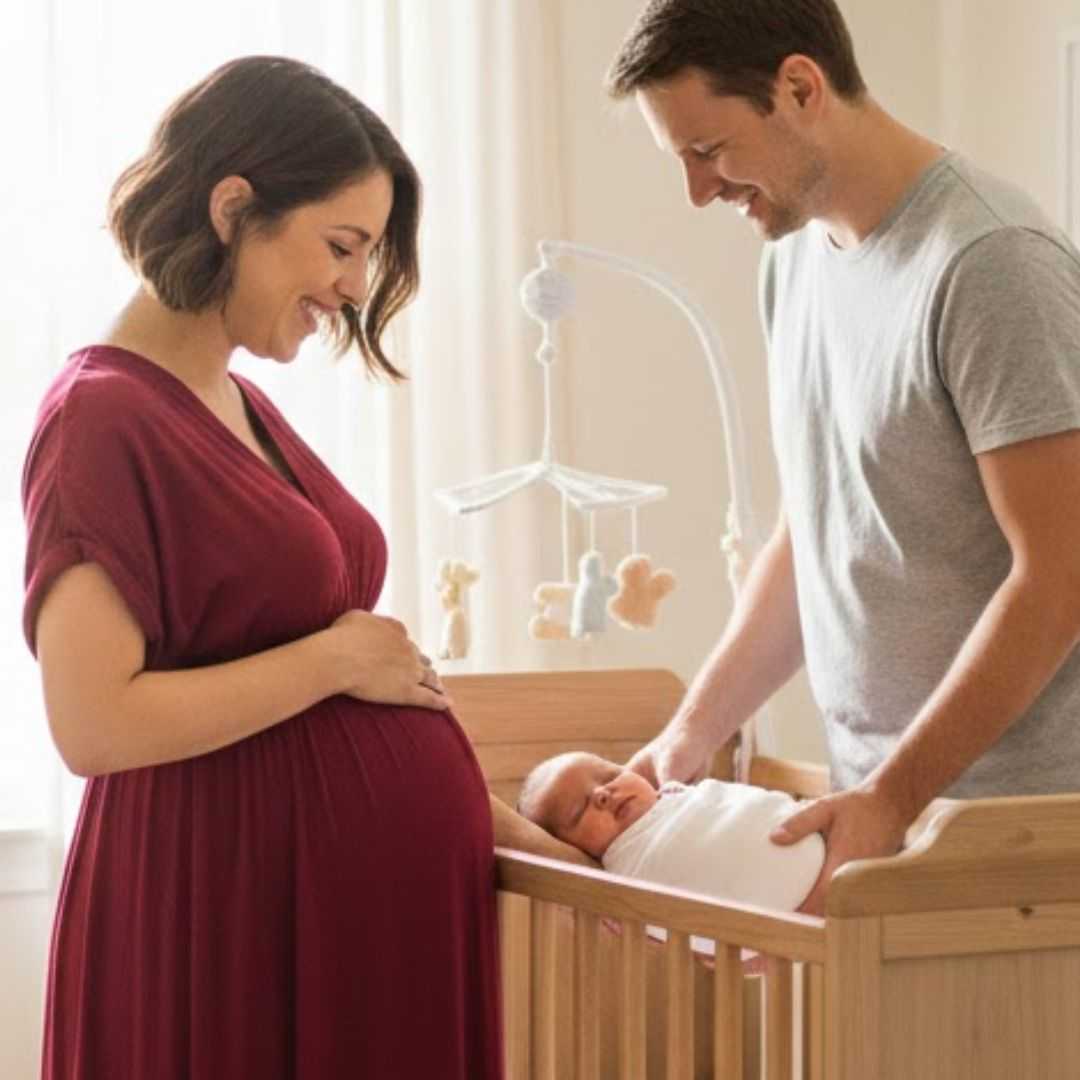





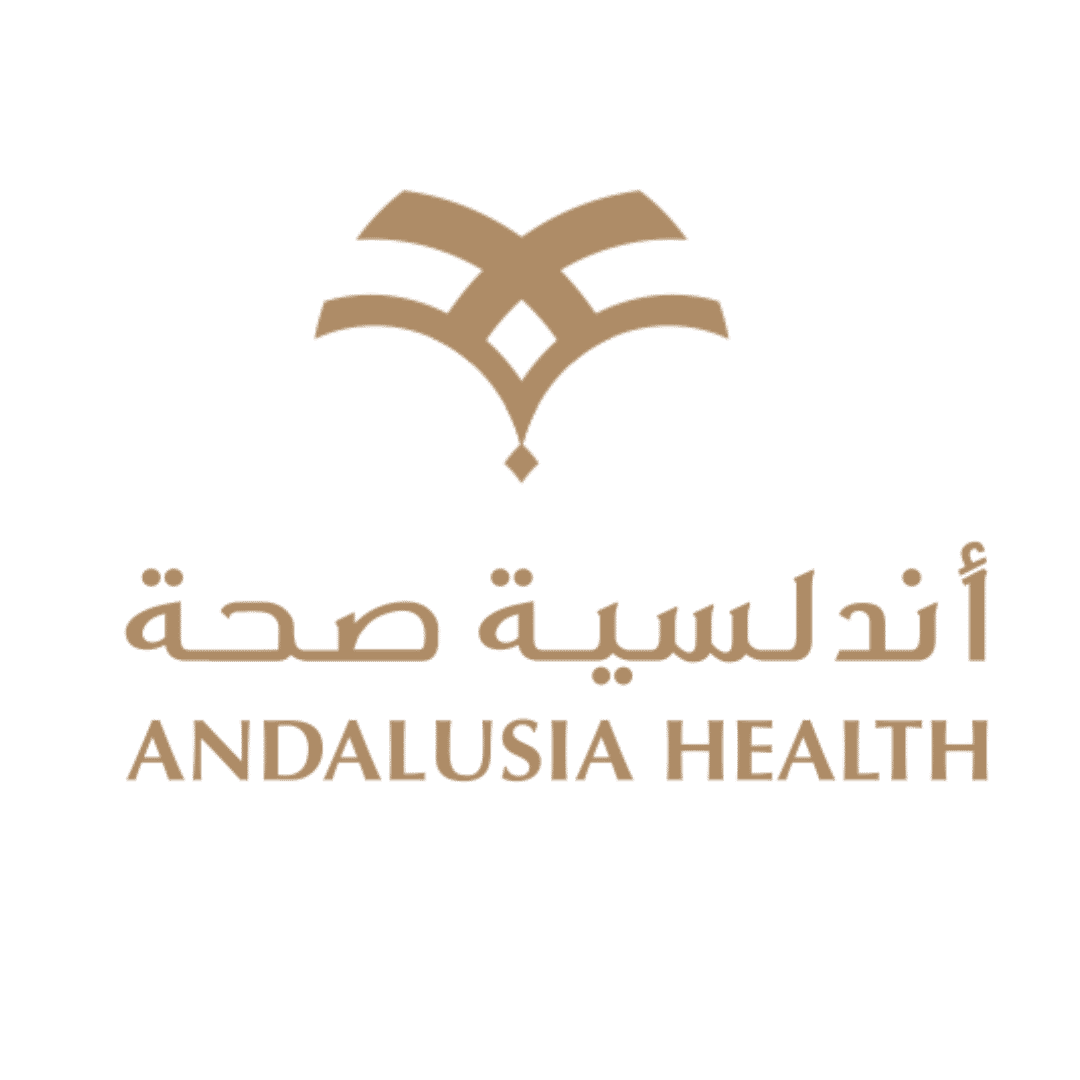
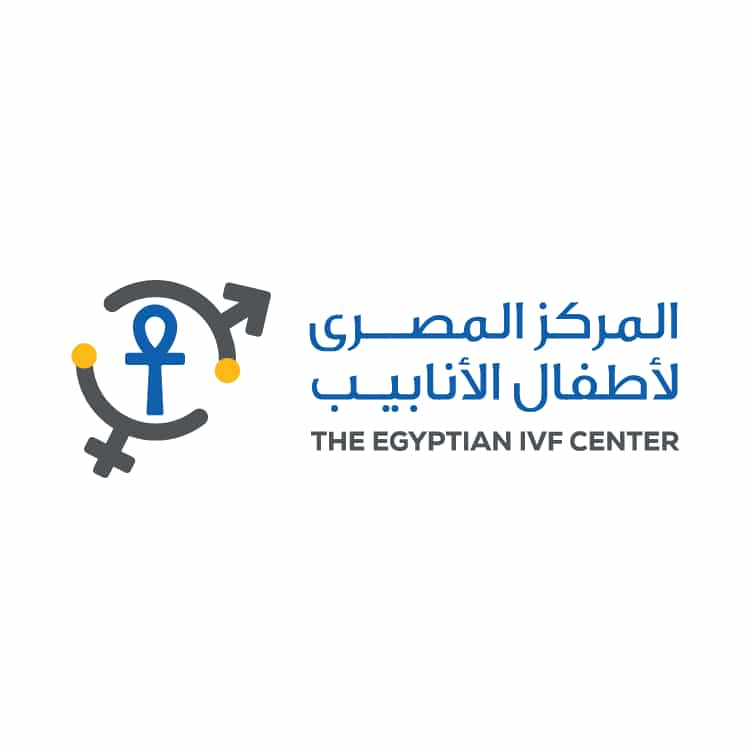
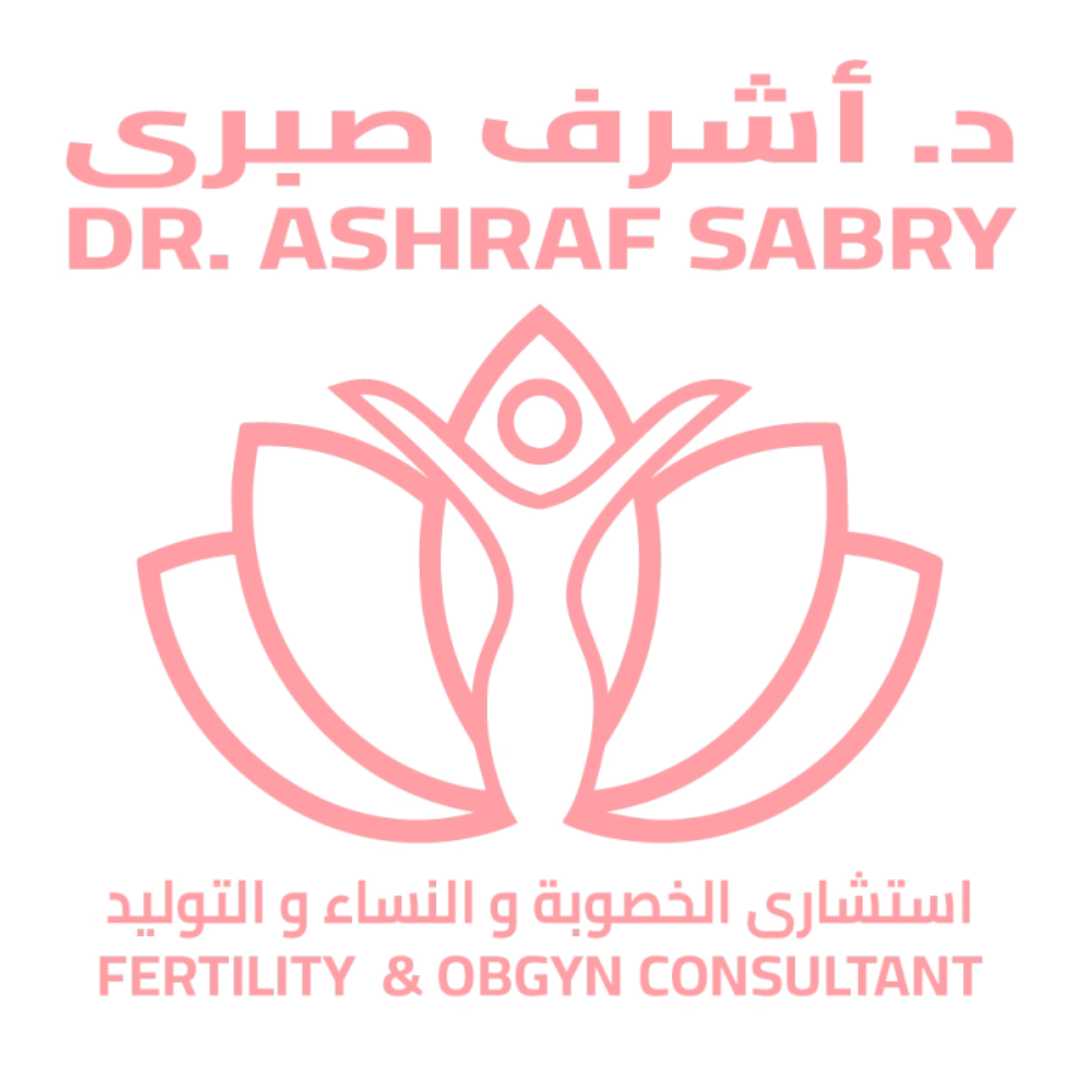
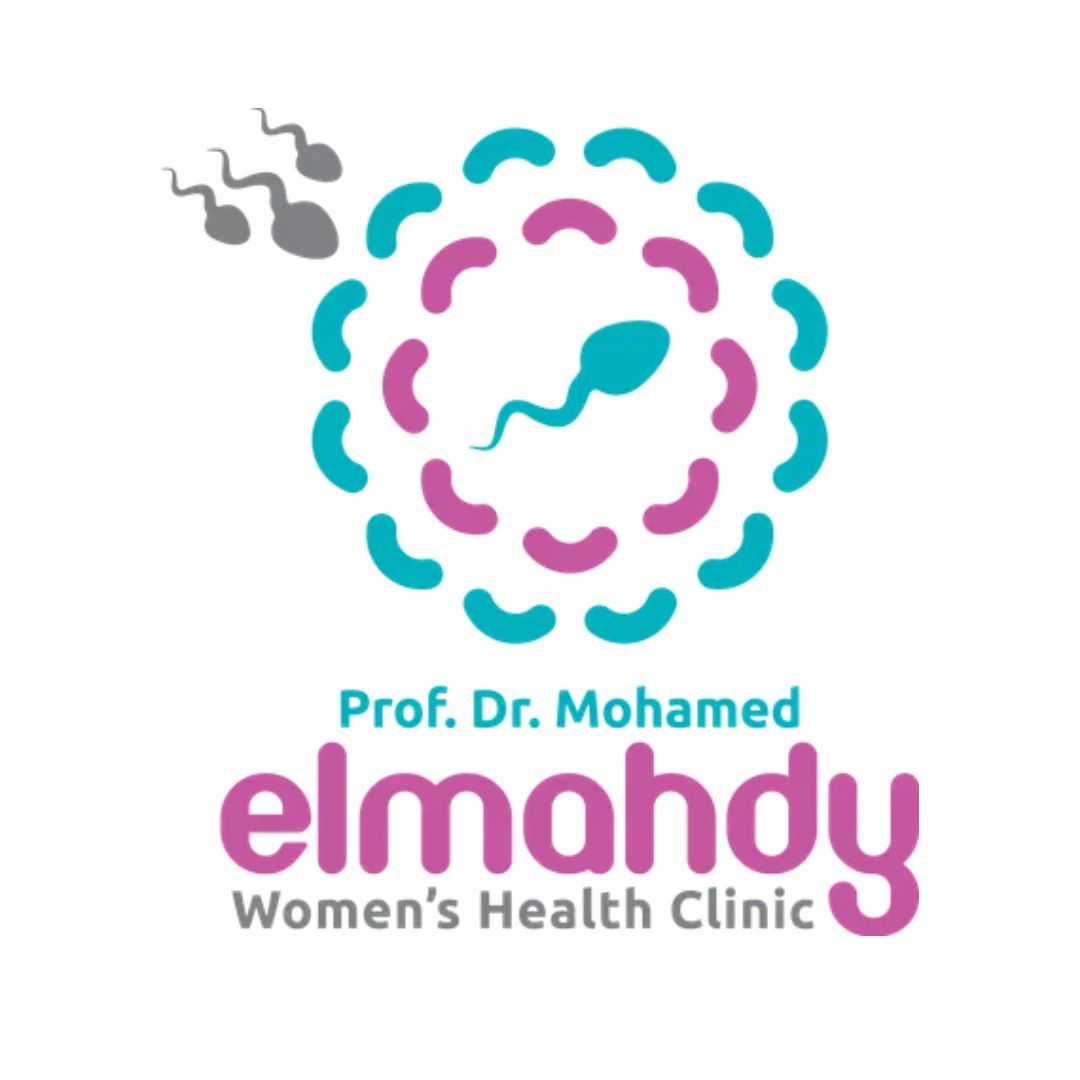

Share this listing